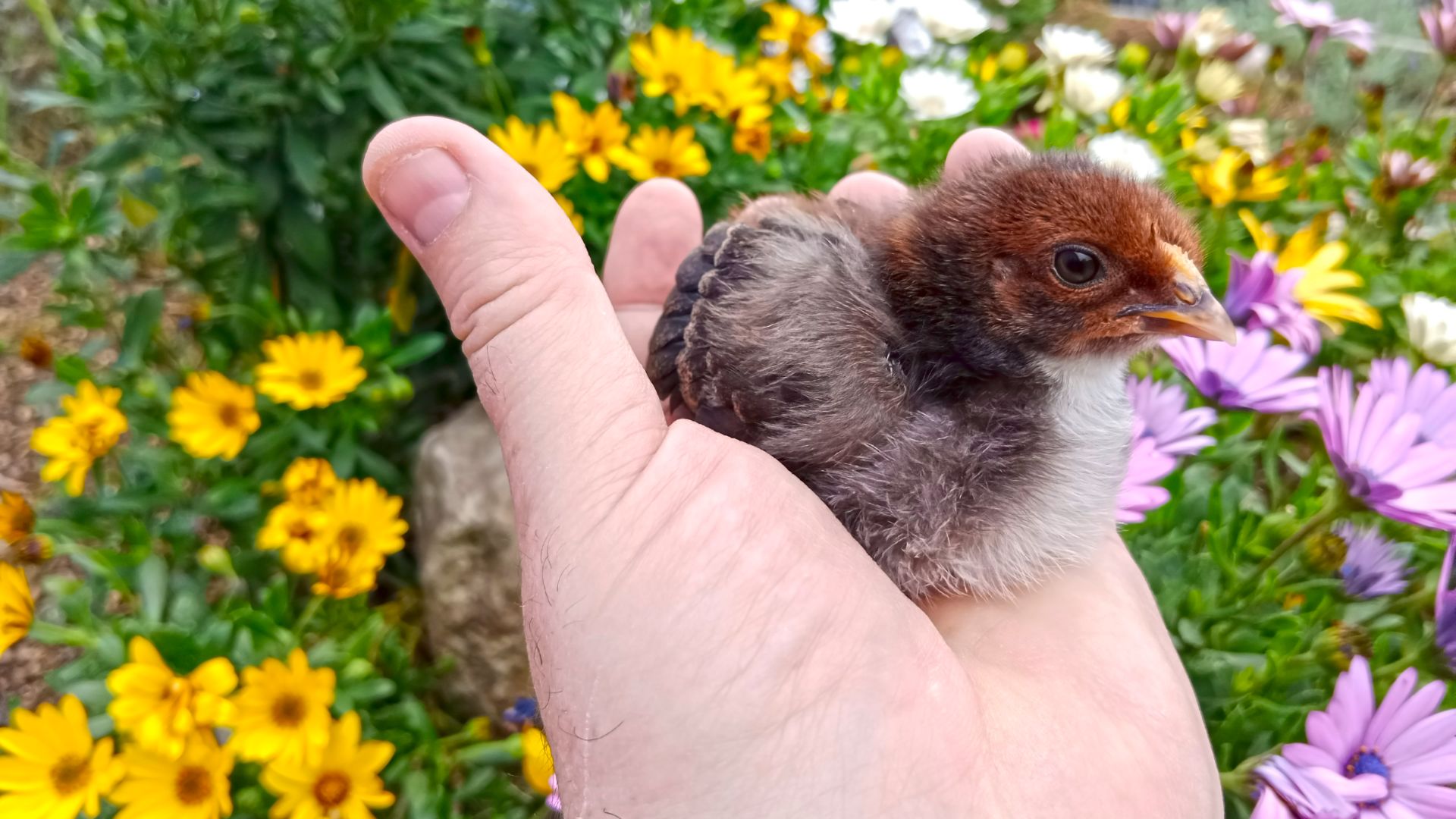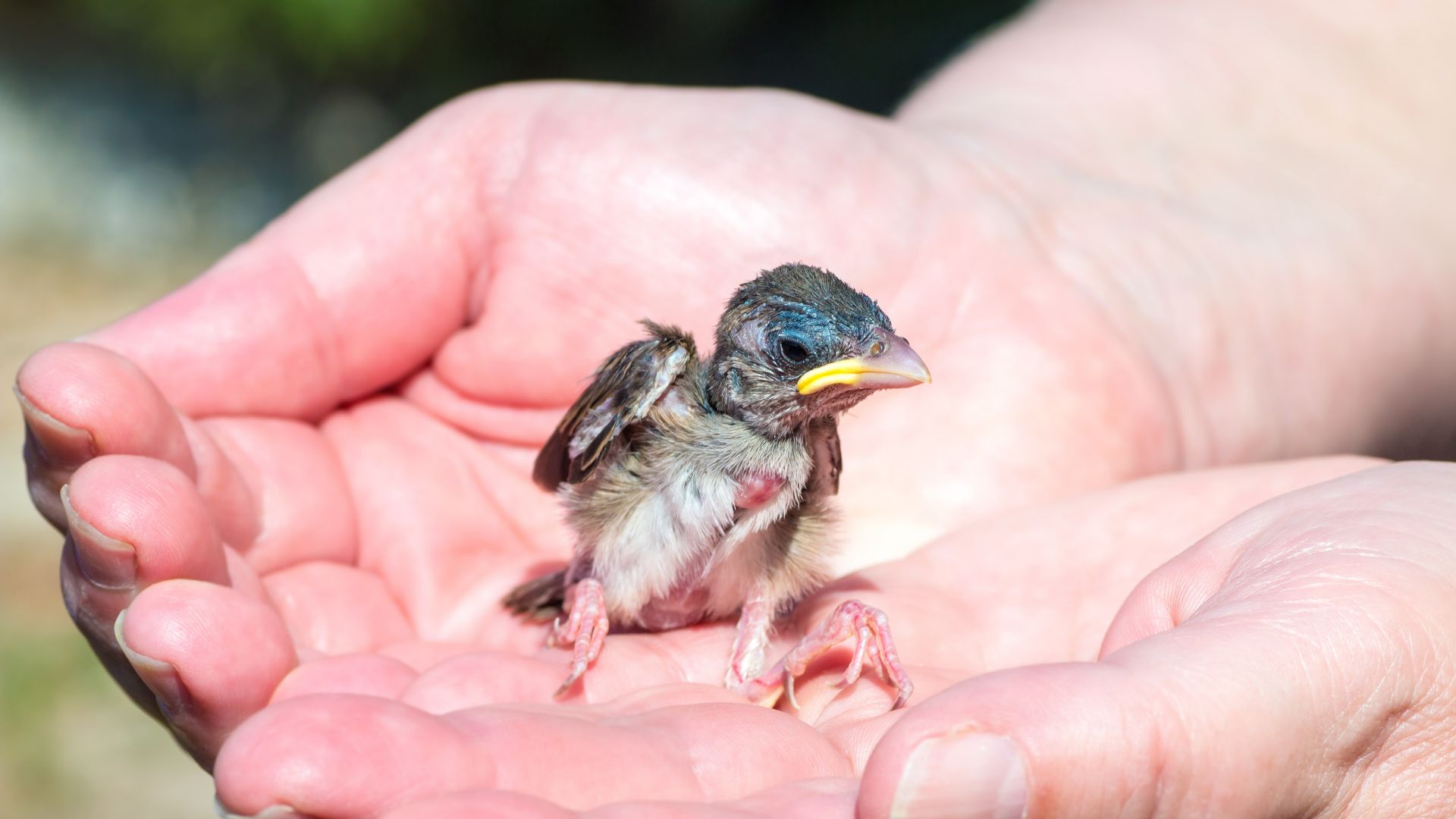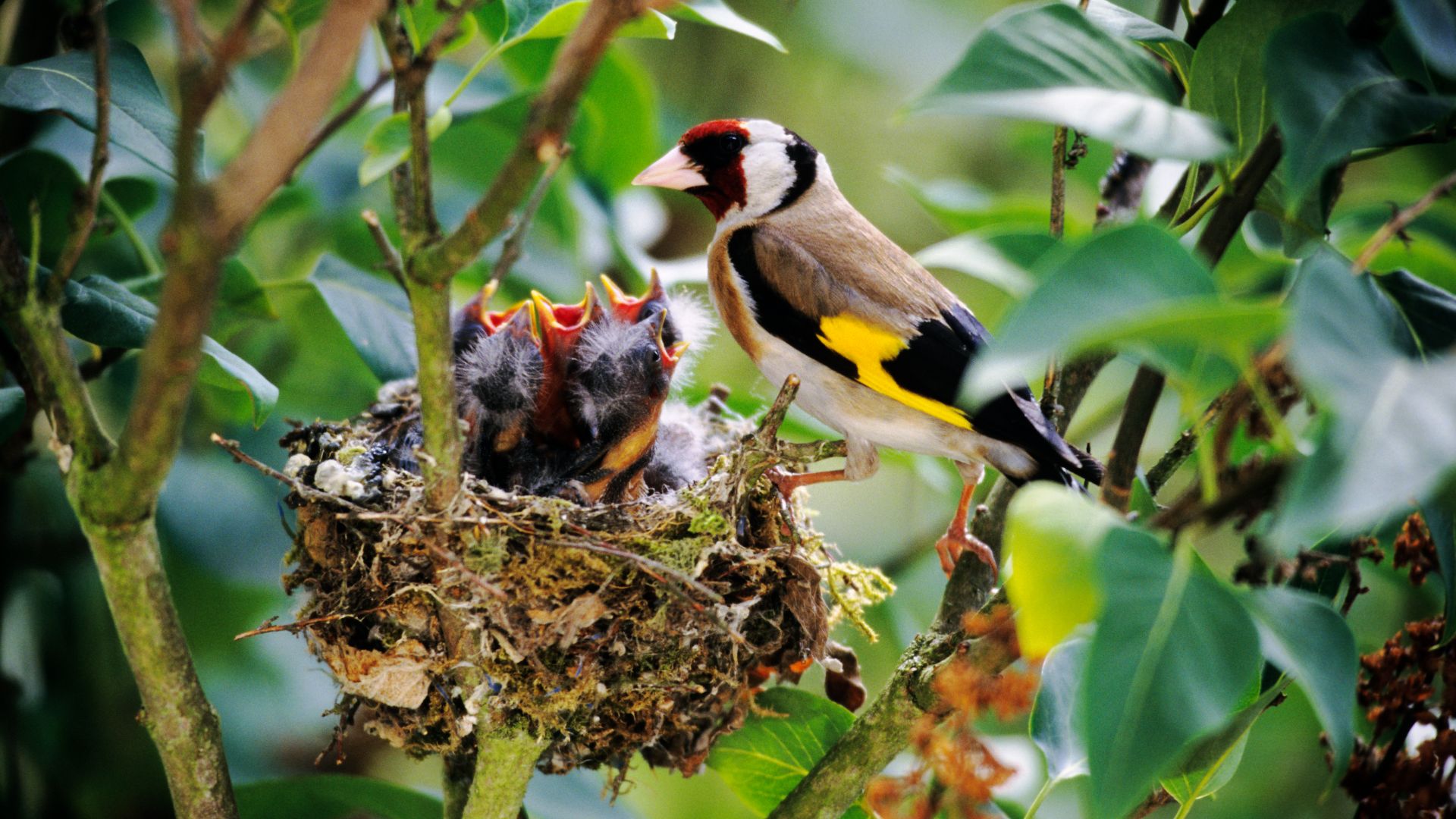
Should you help a baby bird? If you’ve found a fledgling on the floor or noticed one without its parents, you might be feeling torn on what to do next. It’s natural to want to help, but in the wrong circumstances, it could actually do more harm than good.
Before you start your rescue mission and offer them the best bird food, there are a few things you need to consider – such as how long the chick has been alone and whether the environment poses any dangers. You’ll also need to identify the species, as different birds require different care, and taking the wrong steps can be fatal.
To help you decide what to do, we’ve called in vet Dr. Rebecca MacMillan to share her expert advice. With 16 years of experience treating a wide range of animals and qualifications from the Royal Veterinary College in London, she's here to guide you through.
Should you help a baby bird?
Your best option is to leave wildlife alone. Usually, the baby bird's parents are somewhere close by, watching and waiting to feed it, according to Dr. MacMillan. There are a few circumstances where it's OK to help, but this depends on the bird's approximate age.
Dr. MacMillan says: "A nestling that is bald and helpless will quickly become cold if it falls out of the nest. This baby will need immediate help. Try and replace it in the nest if you can, or failing that, create a makeshift nest. A plant pot, box, or basket with some nesting material securely attached to the tree can work. Just make sure to wear some gloves when you handle the baby.
"However, if the young bird is a fully feathered fledgling, it will be just fine on the ground. Many birds leave the nest before they can fly, and may spend a few days on the ground, so this is normal behavior. Leave it well alone and just make sure to keep your pets away from it (read our feature on how to stop cats killing birds).
"The exceptions are swifts, swallows, and house martins, which should never be found on the ground. If you know for sure that the baby is one of these types of birds then contact a professional for advice."

What not to do with a baby bird
It might feel like second nature to bring a fallen bird into the comfort of your home, but Dr. MacMillan advises against it. Their best chance of survival is in the wild with their parents, and many hand-reared birds don’t live very long.
"If a baby bird appears well with no injuries, do not take it indoors. If you are concerned that it might be in immediate danger, then you can move it a short distance to a sheltered area. This should be no more than a few yards away so the parent birds can still easily find it."
Can baby birds survive without their mother?
No, baby birds can’t survive without their parents. According to Dr. MacMillan, nestlings are particularly vulnerable and rely on them for protection, food, and warmth to stay alive.
If you’re certain that both parents are dead, you can bring the baby indoors and contact your local wildlife center or vet for advice.

What should you feed a baby bird?
While hand-rearing a bird is not advised, most nestlings need feeding every 20 minutes during daylight hours and require moist (but not dripping) food, such as wet cat or dog food, crushed mealworms, or mashed boiled eggs.
If you’re caring for a fledgling, they’ll be able to eat a wider variety of foods, including seeds and fresh or softened mealworms, but they may still need a helping hand.
Dr. MacMillan says: "Unless you are very confident about identifying what type of bird you have and have experience in hand-rearing, I wouldn’t recommend trying to take the challenge on yourself. I would always urge you to speak to a wildlife rehabilitator or vet for advice."
Here is more advice on what to feed a baby bird.
How long do birds leave their babies unattended?
You should contact a wildlife rehabilitation center or a vet if the bird’s parents haven’t returned within two hours. According to Dr. MacMillan, make sure you observe the baby from a distance, as some parents might not return if you’re too close.
She adds: "Baby birds can last a few hours to a couple of days without their parents, depending on their age and species."
Want more advice like this? Read our top tips for taking care of wild birds
Edited by Georgia Guerin and Alexis de Leaver.







